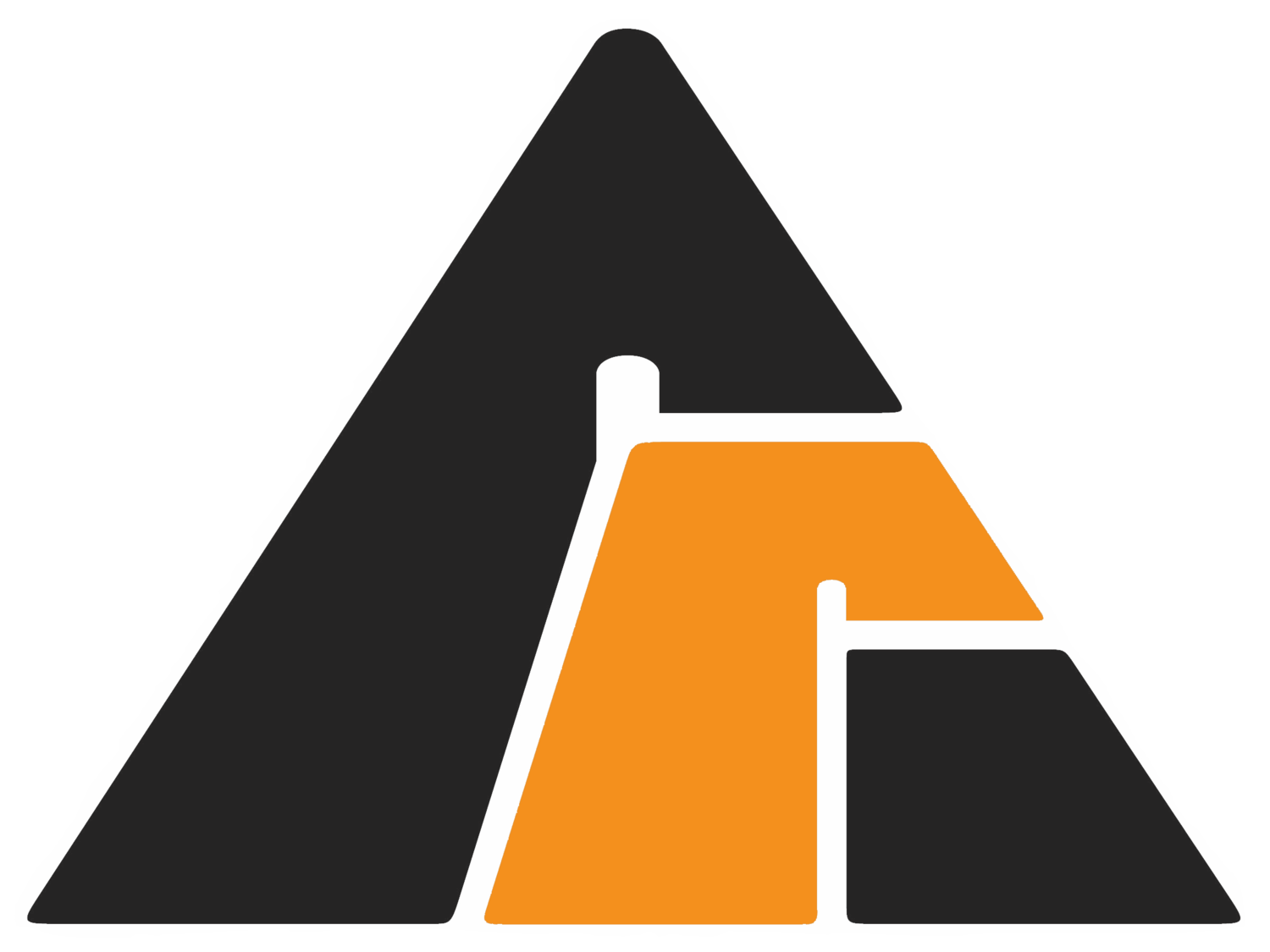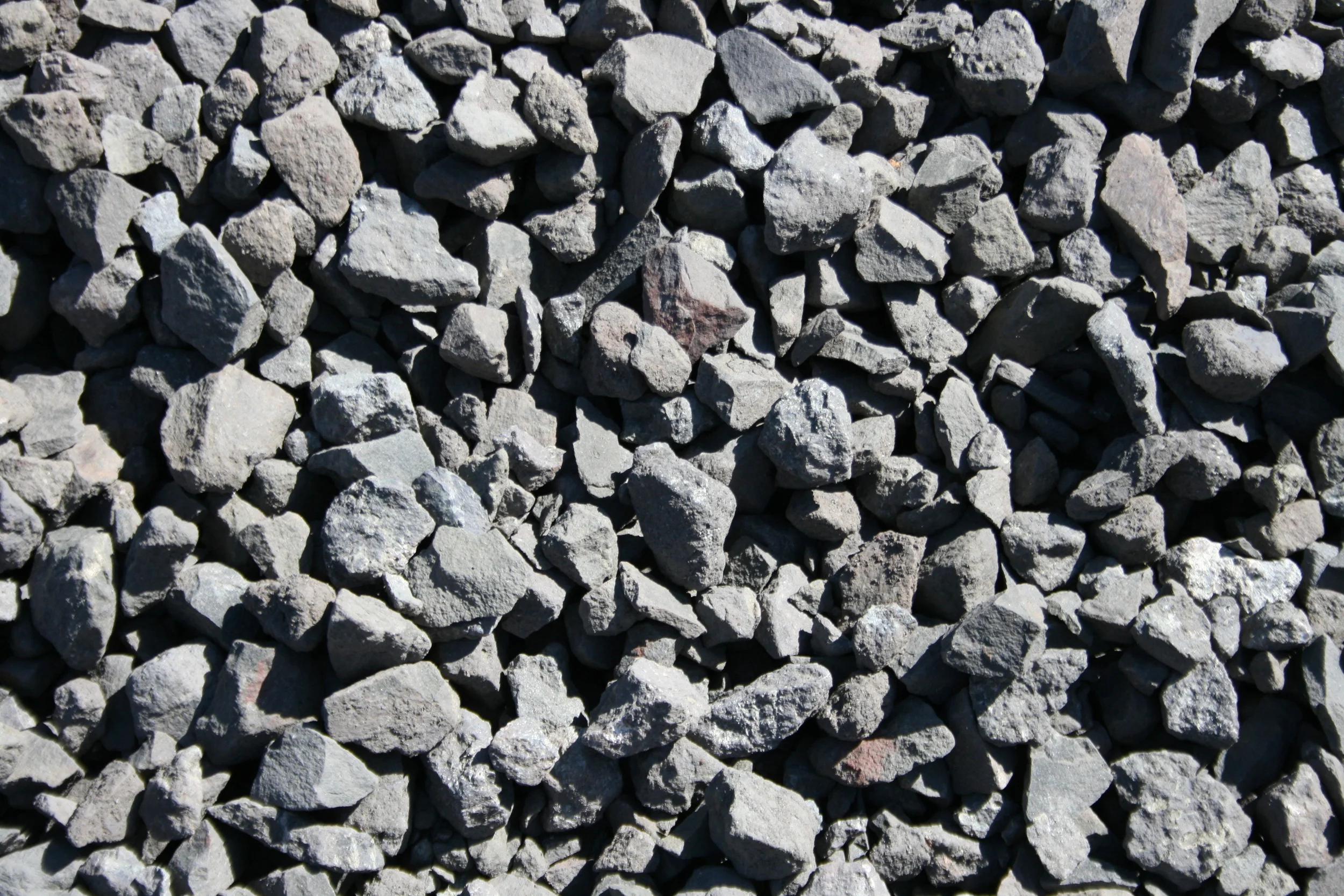Jeremiah Family
Kris Jeremiah
President
Katie Jeremiah
CEO
Founder:
Bob "BJ" Jeremiah
(1947-1999)
Sandy Jeremiah
Co-Founder
"Family Keeps Company Rock Solid"
Eugene Register Guard - November 24, 2013
SPRINGFIELD — Aggregate Resource Industries Inc., a local company that drills and blasts apart millions of tons of rock each year, has been kept intact for five decades, through tragedy and the Great Recession, by the strong family bonds at its core.
Last week, family members accepted an Excellence in Family Business Award from Oregon State University that both honored its past and served as a vote of confidence for the future of the Pacific Northwest’s largest rock blasting, drilling and crushing company.
Siblings Kris and Katie Jeremiah are the company’s president and vice president, respectively, and their mother Sandy serves as secretary.
Hard work and fate intertwined to build the Springfield-based company, which was started by a man who turned to athletics to escape his hardscrabble upbringing in Cottage Grove.
Robert “BJ” Jeremiah, who died in 1999 at age 51, came to OSU on a football scholarship. Once there, he became a member of the famed 1967 Oregon State University football team dubbed the “Giant Killers” and helped anchor the defensive line that stunned three top-two teams — Purdue, UCLA and USC — in a four-week span.
But before he finished school, he was drafted. And, the day after the Beavers defeated then-No. 1 USC, Jeremiah boarded a bus, the start of his journey to Vietnam. He served as a sniper with the U.S. Marine Corps and was awarded the Purple Heart after surviving a grenade attack that took the vision in his right eye.
After serving in Vietnam he returned to OSU, but a knee injury during a scrimmage cut short his return to football.
After he left OSU, Jeremiah, who married his wife Sandy, in 1974, began to sell used heavy equipment. In 1978, he struck out on his own, starting BJ Equipment Company.
The following year, the company made a sharp turn in a new direction after Jeremiah struck up a conversation with the West Coast manager of a large explosives company.
Several weeks later, he received a commission check in the mail for the referrals he’d given the manager. Seeing a new opportunity, Jeremiah began selling explosives and learning the blasting business with the help of a mentor.
This led to another critical business decision in the company’s evolution.
The industry was largely segregated between drillers who bored holes and blasters who loaded and detonated the holes with explosives.
“Communication between drillers and blasters is really key in making everything go right because drillers know what they found in the ground with every hole, and blasters need that information to deal with any issues there upfront,” Sandy Jeremiah said.
Robert Jeremiah saw the benefit of merging the jobs, a move customers liked because they would save money and also no longer have to handle disputes between drillers and blasters if a job went wrong.
The Jeremiahs hired their first employee around 1981. Sandy Jeremiah recalled “almost having a panic attack” when the company hired its first employee to add drilling to the business. For the first time, she realized, someone’s livelihood outside the family depended on the company.
In the company’s early years she continued to work as a nurse while taking accounting and other classes in order to handle the growing company’s bookkeeping.
By 1990, the company had grown enough that it required her services full-time.
It continued to grow and, in 1991, the company began its rock-crushing operation, later acquiring an 80-year lease to operate the Bradford Quarry southeast of Creswell and produce its own aggregate for sale.
The mobile rock crushers helped the company’s bottom line; supplementing the work of other rock-crushing companies ensured deadlines were met and helped land more work. But the Jeremiahs made a business decision not to bid on rock-crushing jobs against other companies, holding the view that drilling and blasting was the company’s number one business.
But, as the company grew, there were some dark clouds on the horizon.
Robert Jeremiah began to have health problems, losing strength to the point that the former football player who once powered past offensive linemen lacked the strength to turn an ignition key. Doctors diagnosed him with Lou Gehrig’s disease in 1995. Within two years, he was confined to a wheelchair and could only communicate by blinking his eyes.
Although the disease stole his motor function, speech and strength, his mind remained sharp, his family said. He continued to make all major decisions for the company with the aid of his family and bedrock resolve until his death.
Both his children had grown up visiting job sites and spending time in the office with their parents. Kris also helped load the explosives and worked on the rock crusher.
Kris’ original plan had been to graduate from the University of Idaho with a degree in mining engineering, gain work experience at a larger mining or construction company and then return to help his father with the business
But Robert Jeremiah’s deteriorating health fast-tracked Kris’ plans and he returned to help run the company in 1998 while still in his early 20s.
“I needed to come back and keep things running,” he said.
His sister, Katie, initially took a different path. She graduated from OSU in 2001 and started a career in construction management, overseeing large construction projects for a San Diego firm. Then she changed tack and pursued a career in construction law. After earning a law degree, she worked for a Lake Oswego law firm, representing mine operators and contractors, general contractors and subcontractors.
In April, she returned to work full- time at her family’s company while remaining as special counsel for the law firm.
In 2011, the family renamed the company Aggregate Resource Industries and reorganized it into a parent company and three subsidiaries for drilling, blasting and crushing operations. Kris, 38, is in charge of the operating companies, Katie, 34, serves as legal counsel and handles business operations and regulatory compliance, and Sandy, 64, runs the office.
All has not been smooth sailing since Robert Jeremiah’s death.
The Great Recession hit the company hard with the first hint of a problem coming as work in northern California and Nevada dried up. The company ended up laying off about half of its more than 40 employees.
“You could see the wave flowing north,” Kris Jeremiah said. “The phone essentially quit ringing.”
But the company survived and is again growing and looking toward a bright future. The strategy is to focus is on large jobs with established customers while looking for job opportunities in other states. The Jeremiahs are wary of growing too fast and have no immediate plans to launch new endeavors, such as commercial development.
“We’re really focused on optimizing our operations right now at the size we are so that future growth is smooth for us,” Katie Jeremiah said.
Other challenges include the amount of regulation and the cost of compliance — not including taxes and fees, which the Jeremiahs say are significant — which have grown over the years.
Today, the company blasts an estimated 10 million tons of rock a year for dozens of projects, including highway construction, wind farm foundation work and quarry and gold mine development, primarily in Alaska, California, Idaho, Nevada, Oregon and Washington. It crushes another 1 million tons of aggregate a year with the two mobile rock crushers and operates quarries near Creswell and Roseburg.
“(Kris and Katie) picked up everything their dad could offer in terms of his legacy … and in a really difficult and tragic situation have taken the business to a whole new level with their own inside expertise,” said Sherri Noxel, director of OSU’s Austin Family Business Program, which presented the firm with the award for medium sized businesses.






